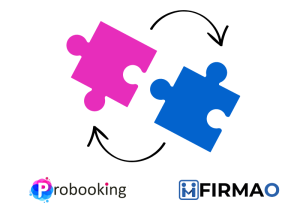
ERP and CRM are two commonly used abbreviations in the business world. ERP stands for Enterprise Resource Planning, while CRM stands for Customer Relationship Management. Both systems are designed to streamline and improve business processes.
ERP is a comprehensive software system that helps organizations manage their resources effectively. It integrates various business processes such as finance, human resources, procurement, inventory management, and production. With an ERP system, businesses can get a real-time view of their operations, optimize resource utilization, and enhance productivity.
On the other hand, CRM software is focused on managing customer interactions and relationships. It helps businesses capture and analyze customer data, track customer interactions, and manage customer accounts. With a CRM system, businesses can improve their customer service, increase customer satisfaction, and drive sales growth.
While ERP and CRM are two separate systems, they can be integrated to provide a more comprehensive solution for businesses. Integrating ERP and CRM enables businesses to have a complete view of their operations and customer interactions. This helps businesses make informed decisions, improve their customer service, and increase their overall efficiency.
In summary, ERP and CRM are two important systems that businesses can use to optimize their operations and improve customer relationships. By implementing these systems, businesses can improve their productivity, reduce costs, and drive growth.




